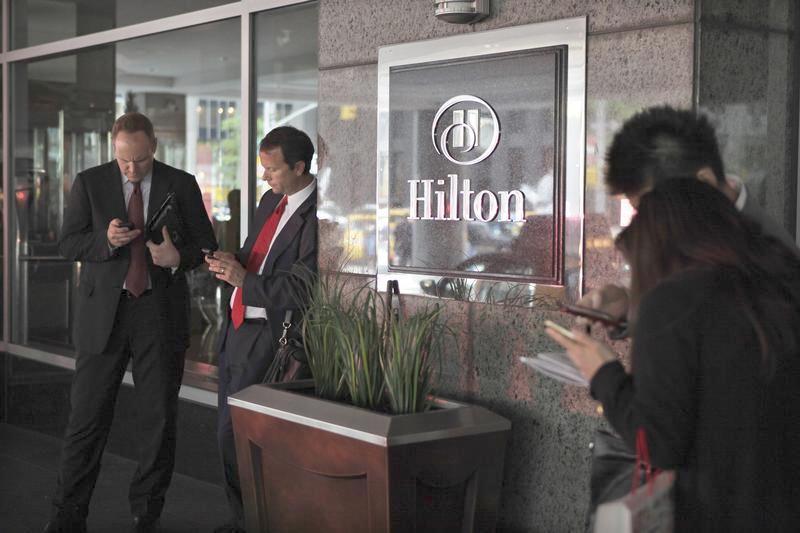Skift Take
The doldrums of 2016 hotel rate negotiations are up against business travelers becoming more savvy with open booking and hotels flaunting better revenue management tools that give them more leverage over who gets the best rates--and when.
It’s become a given that hotel rates for U.S. business travelers will climb each year, but many companies won’t take respite in next year’s projected year-over-year increase of 6.5 to 7.5%–the largest in nearly a decade.
Combinations of evolving practices at both corporations’ travel departments and hotels led to this huge increase for 2016, said Bjorn Hanson, a New York University professor who made the projection. Hanson said the increase will likely cause some corporations to trade down from upscale to midscale properties, for example, and even trade down cities where a corporation sticks with the same branded hotel but chooses a less expensive city.
“This forecast accounts for after negotiations, meaning if everyone stayed in the same cities and same hotels as last year this projection would be even higher,” said Hanson. “Business travelers are thinking, ‘we think we did a great rate negotiation but we realize we could have stayed at a great place at a lower price.’ There are also more younger business travelers booking on their own because corporate travel departments are permitting that.”
“Corporate rate negotiations haven’t kept pace with other rate increases for leisure travelers and hotels did their best in recent years but the market always improved more than anticipated.”
If this increase pans out as Bjorn anticipates, it would mark the largest increase since 2006 or 1987 depending on the final result. This is a larger increase than the approximately 6.25% for 2015, which was the largest increase since 2006.
Business traveler hotel rate negotiations are often antagonizing, year-round battles waged between travel managers and big box hotel strongholds to ideally secure the best available rates. During the past five years hotels including certain amenities in negotiated rates became less common, such as Internet access, use of fitness centers and breakfasts, Bjorn said.
After all the back and forth, hotels aren’t required to honor negotiated rates and many times they don’t, especially with nationwide occupancy at all-time highs around 65%.
“A hotel general manager is thinking, ‘if I could fill every room at my hotel for whatever price, why would I sell it any lower?'” said Steve Reynolds, CEO of TRIPBAM, a hotel shopping service used by corporations, hotels, travel agencies and travelers. “Even if you get a great [corporate rate], it may not be available when you need it and want to book it.”
“There are some individual cities facing rate increases of 10 to 15% and on average large corporations have about 500 individual rate contracts at the property level.”
Andres Fabris, CEO of Traxo, a travel management organization company, said employees are trained to shop around and corporations must have visibility of booking data if they plan to get comfortable with travelers booking outside the corporate tool.
Though corporations gaining more visibility of which property a business traveler books doesn’t always equate to lower rates in the end.
“The magnitude of this increase surprises me, we think it’s going up because hotels are getting more sophisticated with revenue management and now there are a full set of tools hotels can use,” said Fabris. “Rate negotiations for 2016 have already begun and won’t be finalized until after January. By the time rates are finalized, corporations have only a few months before they need to start thinking about the following year’s rates, it’s a never-ending cycle.”
These rates represent nearly 20% of occupied U.S. room nights and almost 30% of U.S. lodging industry revenue. Reynolds added he’s heard Airbnb and other short-term rental sites discussed for possible inclusion into some corporate policies. He portends “a few” corporations will choose to include these sites in their 2016 policies and within a few years many more will catch on.
Have a confidential tip for Skift? Get in touch
Tags: Business Travelers
Photo credit: Guests using smartphones outside New York's Midtown Hilton. Eduardo Munoz / Reuters
